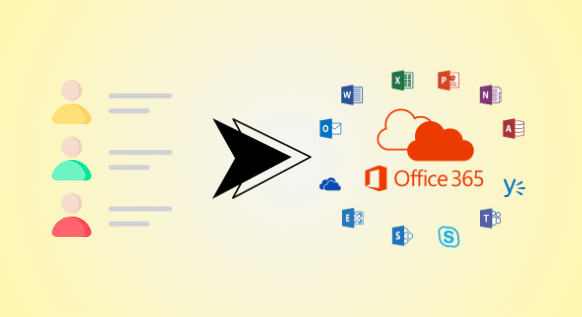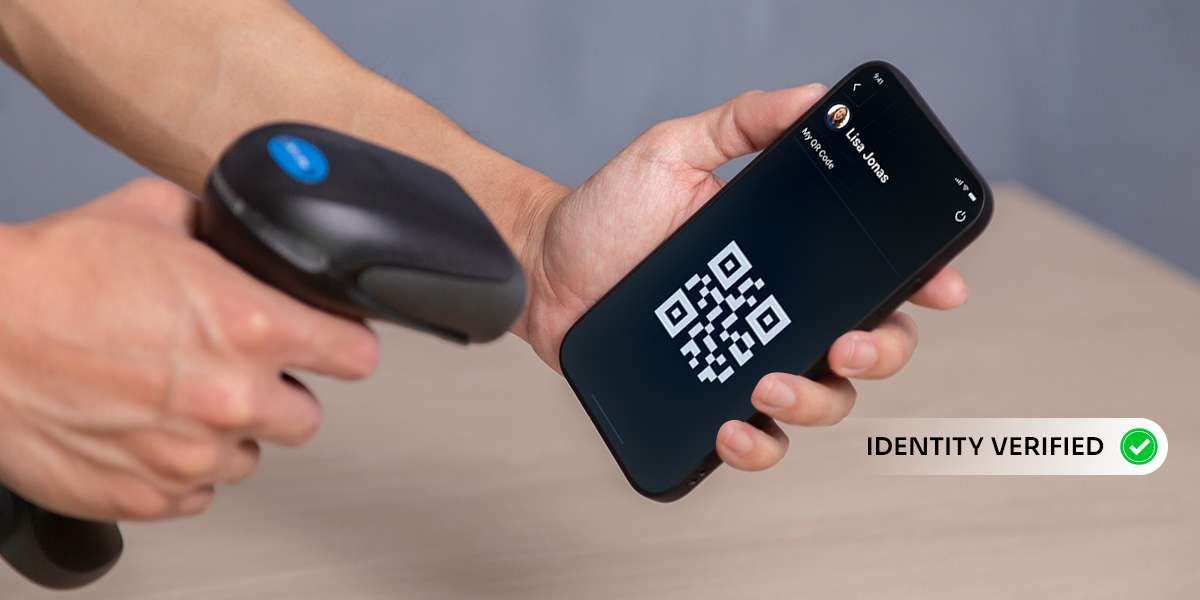In today’s digital age, where technology pervades every aspect of our lives, ensuring the security of our online activities and data has become a necessity. Cybersecurity, also known as information security, encompasses the practices and measures implemented to protect computers, networks, software, and data from unauthorized access, damage, theft, or disruption. It is a critical field that addresses the ever-growing risks and threats associated with the interconnected world we live in. Basically, Cyber Security engineers safeguards our devices and our data from hackers by finding vulnerabilities in our software and hardware systems.
Cybersecurity involves a range of techniques, technologies, and strategies aimed at safeguarding digital assets and mitigating potential vulnerabilities. These assets can include personal information, financial data, intellectual property, government secrets, and much more. With the proliferation of sophisticated cyber threats, such as malware, ransomware, phishing attacks, and data breaches, the importance of robust cybersecurity measures cannot be overstated.
What work do cyber security professionals do?
Cybersecurity engineers, also known as security engineers or information security engineers, play a crucial role in protecting computer systems, networks, and data from cyber threats. Their work involves designing, implementing, and maintaining security measures to ensure the integrity, confidentiality, and availability of information. Here are some key responsibilities and tasks performed by cybersecurity engineers:
- Security Infrastructure Design: Cybersecurity engineers collaborate with other IT professionals to design and implement security infrastructure, including firewalls, intrusion detection and prevention systems, authentication systems, encryption protocols, and other security technologies. They assess the organization’s needs and develop security solutions tailored to its specific requirements.
- Finding Vulnerability and Penetration Testing: They conduct regular vulnerability assessments and penetration testing to identify weaknesses and vulnerabilities in the system. By simulating real-world attacks, they assess the effectiveness of existing security measures and propose enhancements to address any identified weaknesses.
- Incident Response and Forensics: In the event of a security breach or cyber attack, cybersecurity engineers are responsible for responding swiftly and effectively. Their task is to make sure no user data or other important data is leaked from the database.
- Security Monitoring and Intrusion Detection: Cybersecurity engineers monitor network traffic and system logs to detect any suspicious activity or anomalies that may indicate a potential security breach. They deploy and configure intrusion detection and prevention systems (IDPS) to actively monitor the network and respond to threats in real time.
- Security Policy Development: They contribute to the development and enforcement of security policies, standards, and procedures within the organization. This includes creating guidelines for secure software development, password management, data classification, access controls, and other security-related practices.
- Performing Security Audits: They conduct regular security audits to assess compliance with industry standards, regulations, and legal requirements. Cybersecurity engineers work to ensure that the organization adheres to relevant security frameworks, such as the Payment Card Industry Data Security Standard (PCI DSS) or the General Data Protection Regulation (GDPR).
- Research and Stay Updated: Cybersecurity is an ever-evolving field, and cybersecurity engineers must continuously update their knowledge and skills. They stay informed about the latest security threats, trends, and technologies through research, attending conferences, participating in training programs, and obtaining relevant certifications.
Tablets vs laptops
- Portability: Tablets are generally more compact and lightweight compared to laptops, making them highly portable. If you require a device that can be easily carried around or used on the go, a tablet might be a better choice. This is especially beneficial for cybersecurity professionals who frequently work on-site or require mobility.
- Performance and Power: Laptops typically offer higher performance capabilities than tablets, particularly in terms of processing power, memory, and storage capacity. Certain cybersecurity tasks, such as running resource-intensive tools or performing complex data analysis, may require the processing capabilities and storage capacity of a laptop.
- Input and Interface: Laptops generally have a physical keyboard and larger screens, providing a more comfortable typing experience and facilitating multitasking. Tablets, on the other hand, rely on touch-based input and often have smaller screens. Depending on the nature of your cybersecurity work, the ability to type quickly and efficiently or view multiple windows simultaneously may be important considerations.
- Software Compatibility: Cyber security is the field in which you have to work on different softwares and powerful tools and Laptops often offer a wider range of software compatibility due to their more flexible operating systems (e.g., Windows, macOS, Linux). Many cybersecurity tools and applications are primarily designed for desktop operating systems, which may be better supported on a laptop. However, tablets are becoming increasingly powerful and versatile, and there are cybersecurity-specific apps available for popular tablet platforms like iOS and Android.
- Security Features: Both tablets and laptops can be secured with appropriate measures such as encryption, strong passwords, and multi-factor authentication. However, laptops generally offer more advanced security features, such as biometric authentication (e.g., fingerprint or facial recognition), TPM (Trusted Platform Module) chips, and secure boot options. These additional security features can enhance the overall security posture of the device.
- Cost: Tablets are often more affordable compared to laptops, especially when considering high-end models. If budget is a significant factor, a tablet may offer a cost-effective solution without compromising essential cybersecurity capabilities.
- If your budget is not a significant factor then Laptops under 50000 are then best or Laptop under 55000 are also effective for performing basic cybersecurity tasks.
Conclusion
It’s important to evaluate the device’s performance, portability, software compatibility, security features, and cost to determine which option suits best with your needs and working style. In some cases, individuals and organizations may even opt for a combination of both devices to leverage the strengths of each platform. I personally choose laptops as the best devices for cybersecurity. Ultimately, the choice between a tablet and a laptop for cybersecurity will depend on your specific requirements, preferences, and the tasks you need to perform.










